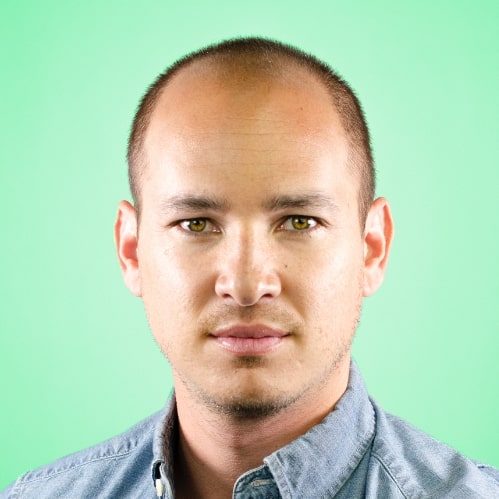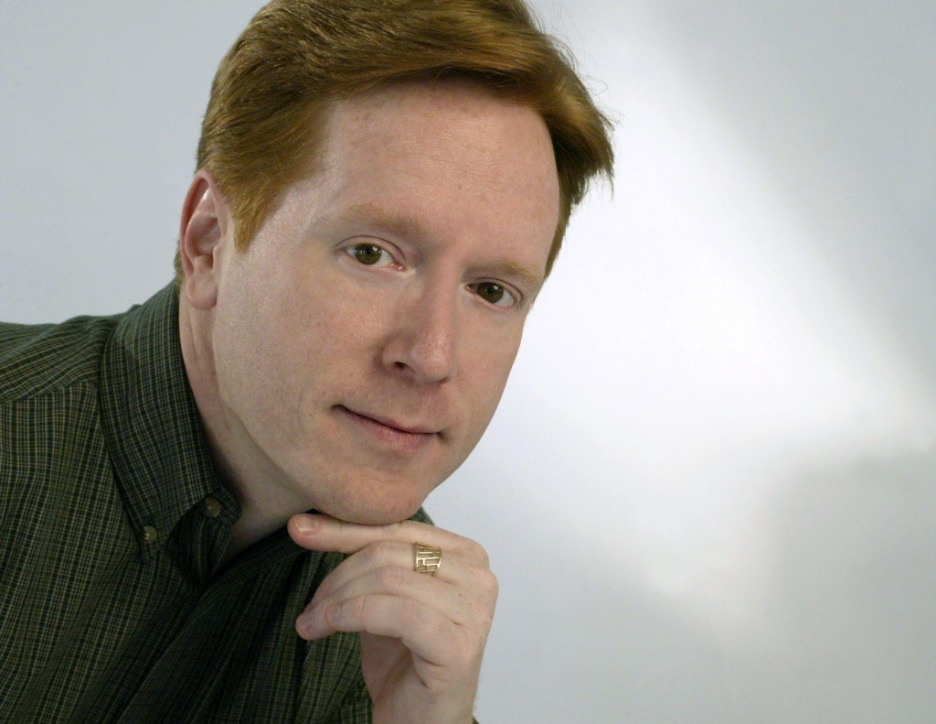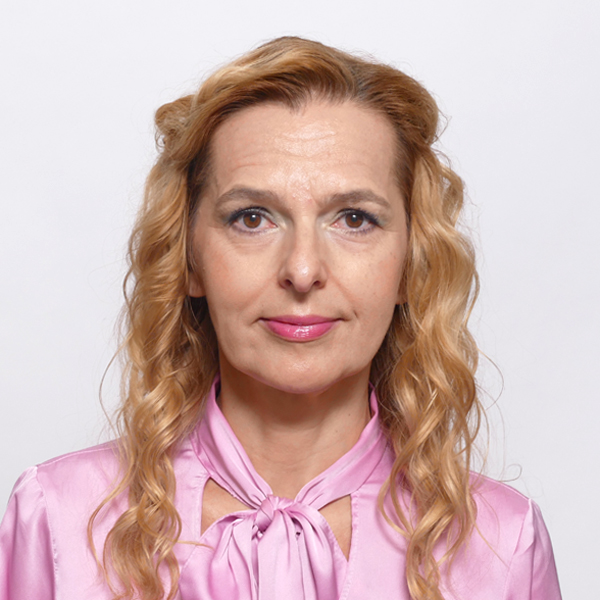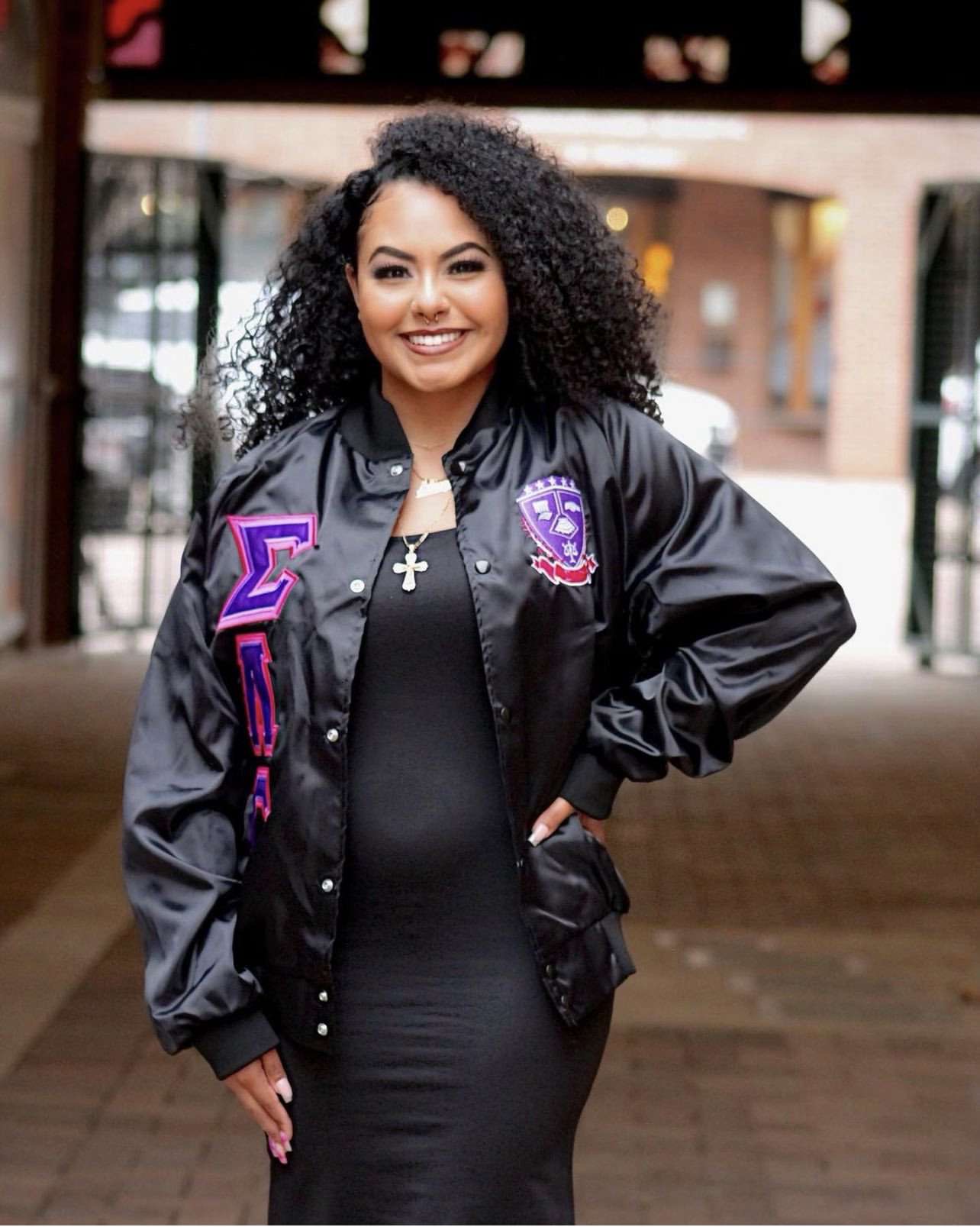
UNC’s E-Sports president and marketing officer, Alex Puckett and Ben Bodiker discuss the evolution and increasing popularity of the competitive gaming community on campus.
I'm Alex Puckett. I am the president of the UNCO E-Sports Club. I am a senior and I've been studying computer information system since I've been at the college.
And I am Ben Bodiker and I am the marketing officer for the UNCO E-Sports Club. And I'm a journalism major.
Alex: My freshman year actually was when we started the E-Sports club. I happened to be sitting next to the guy who ultimately started it, Zach Peters during lunch one day at the dining halls. And I heard him talking about League of legends, which is a game that I've put a lot of time into. So, I just kinda chimed in. I was like, who do you play? Who's your favorite character, how long you been playing? And then he mentioned that he was starting an e-sports club. So I said, 'I'll be there. Tell me when your first meeting is. I'll show up to every single one of them.' And I did. At first we had I think 10 people in the UC council room where the board of directors meets. And it was big for us at the time because we didn't have many people, but we quickly, outgrew it because we kept drawing in more and more gamers.
Alex: And that entire time we were focused on League of Legends. Just, just the one game. I had a pretty, had a pretty big presence and it still does have a pretty big presence. So it was a good game to get started with. After our first year, we knew that we wanted to do more, we wanted to attract all gamers because we'd had a lot of people come into our meetings that played other games that weren't League and they wanted a community on campus to play with. And we noticed that no one else had made any gaming clubs. So we eventually changed over to the sports club. And then that is when Ben came in.
Alex: We got contacted by DreamHack, which is a big LAN company. They started out in Sweden, but they've, they go around Europe, around America. So they did one in Denver. It Was the first one in Denver, I think. And one of the organizers reached out to us telling us that they were going to be hosting university grudge matches. So they were going to just send us there and they just wanted us to be beefing with whichever college we were playing against, which happened to be DU. And they said they were doing Overwatch and we didn't have an Overwatch team. So during our first meeting that year, we had, uh, reached out to see who played Overwatch. We got some names, we contacted everybody and then we put together an Overwatch team, gave him a week to practice together and then we sent him to DreamHack. Okay.
How many people are on a team?
Alex: For League of legends, it was five. For Overwatch, that's the biggest one...
Ben: Six. And then get two subs. So you can substitute people in and out.
Alex: You can sub people in between games.
In between games, not during it. There's no pause.
Ben: For our first like big event at Dream Hack, we only had six people exact and we were still getting into it.
Alex: We were scraping the barrel.
Ben: Yeah. I still go back and watch the twitch stream of it and I go back and see my plays. And I remember one time I just knocked two of their players into a hole and we got that objective.
Alex: Yeah, It was really hyped. We didn't win any games against DU, they were pretty good. But every game was very close and that was very inspiring to see. It was good to see that people who had been together for a week were just holding their own.
You had the heart.
Yeah, exactly.
And when it comes to, I want to go back to your first meetings at the council room. Did everyone bring their own computer?
Alex: Yes. It wasn't BYOC you had to bring your own computer cause we are college students and we don't have enough equipment to support anybody else. So most people brought their laptops, that seem to be the easiest thing. Pretty much anyone's laptop can run league of legends. That's kind of what it's optimized for, is just being run by a potato with a monitor plugged into it. So yeah, everyone just brought their laptop. Some people brought their PCs, they were the troopers. But yeah, it was all self sourced.
Yeah. That's impressive to bring a whole box in. And you've mentioned two games so far, league of legends and Overwatch. Let's fast forward to today. How many games are you supporting or sponsoring as well as how many people are part of the, should I say teams? Community? What's the best verbiage?
Ben: I think community because we're a club sport technically. We have a casual side and then we have a competitive side. And everyone that's on a competitive team goes to the clubs sports side and they're part of the competitive server and everything. Our casual side is a mix of the competitive players and a bunch of people that maybe we don't have a game yet for them. Maybe they're still looking for players, maybe they're just not into competitive and they just like chill out in our regular discord and it's pretty good.
Alex: Yeah. As for teams, we have League of Legends, we have Rocket League. We're starting a Rainbow 6 team.. Um, We're also going to be starting an apex legends team, Battle Royale. And I think those are the four.
Ben: DOTA, We're doing a hail mary for right now.
Alex: We are doing a hail Mary to see if we can get enough players for DOTA right now.
What's that one?
Ben: It's Kinda like League of legends, but it's more advanced I guess I'd say.
Alex: It's the same type of game as League, but it's a more complicated, more difficult game to play. It requires a little bit more back on knowledge.
And now when you meet, where do you meet, if you said that you outgrew the counselor room?
Alex: After the counselor we went to the spruce suites up at the UC. If there's like a bunch of suites that you can rent out. There's like one room or you can rent three parts of that room, so it's pretty scalable. But now this year, we're renting the Columbine suites, which are next to those, but they're bigger because we're expecting more people to be showing up. We used to gear our meetings towards players that played on our teams and played the Games we played. But now we're trying to gear it more towards like the casual side - to try to get anybody and everybody to come. We want to provide them the games to play and just people to hang out with. Like we have consoles, we have board games. Sometimes we have like movie nights.
Oh. So it's not just these games being played at the same time. You have multiple different areas. I guess with different games and you said analog games as well? Some board games. When do y'all meet?
Alex: We used to meet weekly every Friday, but we determined that it was kind of like a burnout for people cause it's a four hour meeting from six to 10 on Friday nights.
Ben: Yeah. And some people brought their computers like their entire setup. Like I would do that every week because I was so excited. I'd go from my dorm carrying this thing and my monitor's lugging along. And then I'd get there, get a Subway sandwich, play games and then lug it back.
Alex: So we found out that that was kind of a burnout for people that were showing up every week. Cause some people have different plans for their Friday nights. So now we do biweekly meetings. We still do Fridays from six to 10, but now we try to do theme nights. We try to change up the theme each meeting so that's like fresh and new. We used to have a rough outline and then just see where the four hours took us. But now we kind of want to have a more structured schedule. Like people come knowing what they're going to be able to do there.
And you're starting that this year?
Ben: We started themes last year. We do themes like co-op games. So like, there's this bomb diffusal game where one person that's manual and one person's looking at a bomb on a screen and they have to try and diffuse the bomb. We did a Halloween theme where we watched a horror movie,
Alex: We also else did a costume contest to see that the best costume. We've also done a board game nights, and we've done like a smash tournament. We invite smash players to play during the meeting. We also done like a PC showcase. Like if you think your PC looks good, come bring it in. People vote on it to see who has the best PC.
Ben: We did like Wii sports.
Alex: Wii sports. We try to change it up. We try to keep it very geared towards casual. You don't have to be good. You just have to show up and have fun. That's what we want it to be.
On a given week, how many people show up?
Alex: Um, our first week is always a lot. Our first meeting is always going to be a lot cause people don't really know what the club's about yet cause they're just like "e-sports maybe I like this." So our first meeting could be 80 to 150 people just trying to figure out what it is. And then after that, subsequently we have for the first like for the next like month or two, probably like 40 to 50 and then it'll wean out towards the end of the year towards like 30 to 20 per meeting.
It's a really good, good turnout overall.
Ben: Yeah.
Alex: It's pretty good retention.
Ben: Cause some people get busy, school jobs, stuff like that. And sometimes people just don't want to move their PC or just want to play online, so people stay home.
Alex: So that's why we try to give people the incentive to come out.
Do people still compete or join even though they're not actually in the room? Like say is there a student in the dorm that can still compete and come play as part of the group?
Alex: Yeah. That's actually one of the reasons we switched biweeklies was because people were doing that more often than like coming to the meetings and one of our main goals as a club is to get gamers out of their rooms because gamers have a tendency to just stay in their rooms all day long. Just playing games. So we want want them to get out, socialize, interact, a bit experience life college life a bit.
Ben: Come hang out with us. Just like meet your online friends in real life.
Alex: Yeah. You can build a bond like a deeper bond. When he meets somebody in person.
When it comes to the competitive portion, you mentioned that like you went down and played DU. Can you go into a little bit more about that. I don't understand really how that works when it comes to the competitive aspect.
Ben: For that specific instance, we got really lucky. That was when the club was starting to expand into the E-Sports club and we got an Overwatch team. And when we got together and we were invited and we played against DU. Now our competitive teams, we have tryouts. They have to sign up on club sports, do sports easy. Most of our club members actually do too. And then we have to make sure they go to a concussions meeting.
A what?
Ben: A concussions meeting because we are a club sport. Everyone has to go to concussion meetings. Yeah. Last year we had the most, I think we had like 50 people.
Alex: 45, 47 people.
Ben: The average club sport I think has like 10 people. And so the person was like "And e-sports, I'll try and make this for you, but if it's not for you, it's not for you.
Hey, carrying laptops... You never know.
Ben: Exactly
Alex: Sometimes you get frustrated. You just want to slam your head into the desk.
Ben: And then we usually have coordinators that coordinate scheduling practices, games, making sure our players are accountable. And our players have to sign a contract saying that they're going to be at the games and going to practice for an allotted amount of time, and they're going to cooperate with the team and not cause issues. And then they play usually like every Saturday or Sunday at a certain time. It just kinda depends on the game.*
Alex: Yeah. So we have various collegiate leagues we join. some of the leagues are run by the companies that made the game. For instance, the League of legends tournament or the League is run by Riot Games who made League of Legends. And then for Overwatch, Overwatch run by Tespa, which is then owned by Blizzard. So some of the collegiate organizations are owned corporately, but some of them are just a group of people that got together from bunch of colleges and said, "let's put on a league." We used to do that for PUBG. We did it for apex.
Ben: R-six is going to be doing that too.
Alex: R-Six is just a group of people that decided to form together and make a collegiate league. And typically those have league fees just as any other league. But typically they're like $50-$100 since you don't really have to do much. It just helping them organize your tournament, you know, just some compensation.
Do you think it would ever be possible to have some of these games say on the computers at UNC?
Alex: Yes.
Ben: We've been talking to the university. Alex actually went and presented a PowerPoint with, I believe Henry, who is our former president, the first president. And they talked about getting us a computer room, with, I think it was like 15 computers or something, but they're still trying to figure it out.
Alex: The IT department is pushing hard to get E-Sports club a gaming room on campus. We've also, we gave a presentation to the director of admissions to the CFO, to the director of annual giving. So the foundation people handle donations to the school. So we gave a presentation to all of them to let them know about us and to see if they could help us secure room. We're hoping to get a room somewhere on campus and then subsequently get funding for that room. As things are looking right now, it probably won't happen until winter break if it does, but it is looking pretty positive so far.
Alex: We're trying to make Colorado a bastion of collegiate competition. We're currently working with a bunch of other schools in the Big Sky Conference. You know that our, our football team plays in. Big Sky wants to make an an E-Sports sports league as well. And actually I just got an email a couple of days ago saying that the big sky is going to be doing a e-sports league.
Ben: That's the first time hearing of this. I'm excited now.
Congratulations. That's a really cool feat to have and to know that you're able to kind of be a pioneer and all of this. It's also kind of a cool recruitment tool too. If high schools are doing it too. And I mean, it's not going to go away anytime soon. It's only going to increase. So why not?
Alex: It's only growing.
Ben: It's funneling into our program, it's growing.
Alex: High school E-Sports programs have been growing rapidly across the nation. There's currently 300 schools in the national high school, E-Sports organization, and they're predicting by I think two years, 2021 they're predicting over 3,000 high schools participating in that program. So like, yeah, like you said, it's not going anywhere and it's only growing. So we're trying to grow with it. We're trying to evolve with it and adapt to like new games coming up. Just anything new that's coming our way. We always try to pounce on any new opportunities. You know, even if it's a long shot, we want to just try something just to see if it'll work. Just put our feelers out there.
Alex: Our first meeting, our first biweekly meeting was on September 6th. We're going to have a lot of stations set up such as console games. We'll have some x-boxs and some playstations. Some switches for smash. We're gonna have like a, Wii for Wii Sports. I'm going to be bringing my computer, he'll probably bring his computer.
Ben: There's just be like a bunch of information shown out.
Alex: We're going to give him information on our competitive teams, our trial dates, what it means to be competitive member, what's required of you. And the rest of the meeting is just going to be hanging out, it's going to be for the new members to get to know everybody and then for us to get to know all the new members as well. After that we have the tryouts the following week. Each game has two different dates. And all that information is posted on our discord, which is DISCORD.GG/BEARDEN. We have a nice URL. It's pretty easy to join. After that first meeting, that's when it all starts. That's when the competitive season start and that's when all of our teams start getting to work, start practicing, start scrimming and getting ready for their weekly games.
Ben: I'm pretty sure we also have an Instagram and a Twitter. UNCO_ESPORTS and a Facebook and UNCO_ESPORTS. If you look that up, you'll find us on there. And we also post events on our Facebook. And then for discord, if you don't know what that is, it's kind of like Skype for gamers only way better cause you can create servers with your friends. We have a server, again, it's DISCORD.GG/BEARDEN. You just type that into your Google Chrome or Safari or whatever you have and it sends you right to the server and you create an account for discord. You could join voice calls. You can do private close with your friends.
Alex: There's text channels that you can just, you can share things, share pictures...
Ben: Post gifs, post pictures, post videos.
Alex: It's a good social tool to get our members to interact and then to attract new members. And it's just an easy place where everyone is together and can see everything.
Ben: You can also see on the side who's a UNC student, who's not, who's an officer, who's a coordinator for each game. Contact those people for their direct messages. You can also see what people are playing. So if you click on somebody's name and their playing CS Go and you want to play CS Go, just join that call and be like, "Hey, can I play with you guys? And you're like, yeah, why not?"
Music:
Total Reboot – Game Over
Visager – Royal Entrance





